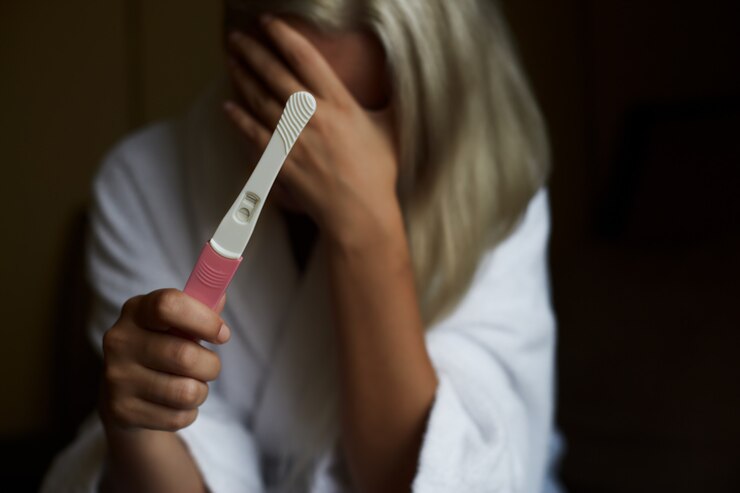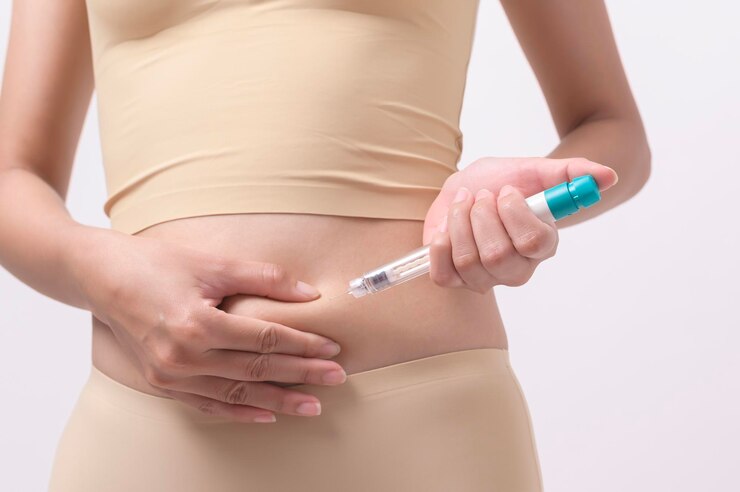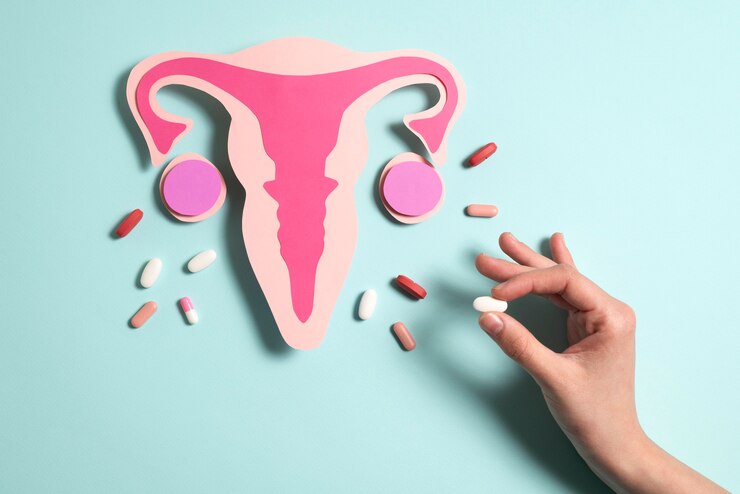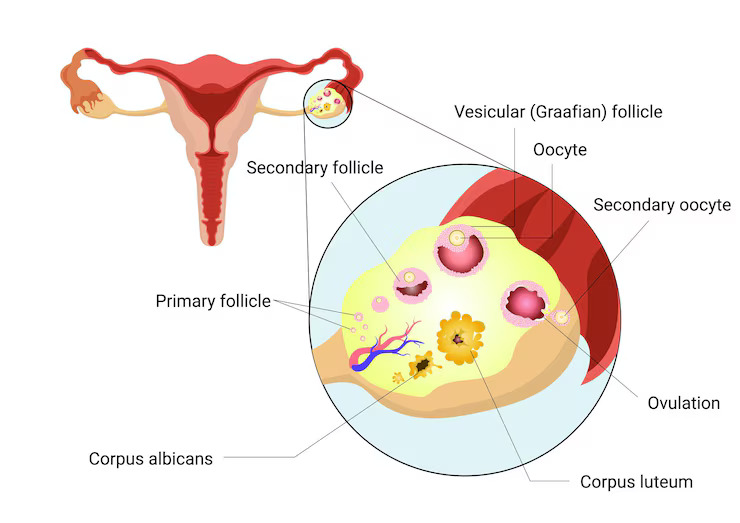IVF treatment is an advanced reproductive technology and is gaining popularity, which is why IRM has come up with this blog to offer you valuable insight about the age limitations and various other factors that might impact IVF treatment. IVF (In-Vitro Fertilization) is a ray of hope for many childless couples. It is vital to know about the legal age limit and guidelines regarding IVF treatment in India before you make a decision.
The Importance Of IVF
It is a process where the sperm and the egg are combined outside the human body, and the resulting embryo is then transferred to the uterus.
Things That Influence The Age Limit
Ovarian Reserve
This refers to the quality and number of eggs that diminish with age. Younger females have a higher ovarian reserve, and this increases the chances of a successful IVF. Thus, the earlier you seek IVF treatment, the better it is!
Health And Fitness
Your overall health and fitness levels play a vital role in the success of IVF treatments. While older people with health issues might face health-related issues affecting fertility and pregnancy, younger people are fitter and have better chances of conceiving.
Medical Advancements
The upgrade of fertility treatments have helped older women to conceive via IVF, especially with the use of donor eggs. Nevertheless, this kind of procedure is not simple, and only reputed healthcare professionals can handle the risk factors that come along.
Age Limitation For IVF Treatment In India
Legal Restrictions
Under legal guidelines, the age of a woman undergoing this treatment should be between 21 and 50 years, while the male partner needs to be between 21 and 55 years of age.
Maximum Age For IVF
If a woman is using her own eggs, then the maximum age limit should be around 45 years. If the female is using donor eggs, then the age limit of the female can go up to 50. For men, the maximum age limit is 55 years.
Minimum Age For IVF
The minimum age limit for both men and women is 21 years, as this ensures both partners are legally adults and can take informed decisions about the fertility treatments.
Ideal Age For IVF
The best age for a successful IVF treatment is between 25 and 35 years, as during this period women have a higher ovarian reserve and the egg quality is also better, increasing the chances of a successful pregnancy.
Frequently Asked Questions On The Legal Age Limit In India For IVF Treatment
Are There Any Special Circumstances Where The Age Limit For IVF Treatment In India Can Be Exceeded?
Rarely do exceptions to age limits occur, usually only being taken into account in special situations. Consulting with a skilled fertility specialist at IRM is essential to comprehend and understand the available options.
Is It Possible For Women Above The Age Of 50 To Have IVF Treatment In India?
Females who are older than 50 years old can receive IVF with donated eggs, as long as they meet the health and fitness requirements established by the fertility centre.
Is There Any Penalty Or Punishment For Surpassing The Age Limit For IVF Treatment?
Even though there is no defined punishment for going over the age limit, it is essential to adhere to the rules to ensure the safety and welfare of both the mother and baby.
How Does The Team At IRM Provide Assistance To Elderly Couples Seeking IVF?
The IRM team offers tailored attention and state-of-the-art fertility options to assist elderly couples. They provide thorough assessments and customized treatment strategies to enhance success rates while prioritizing patient safety and well-being.






